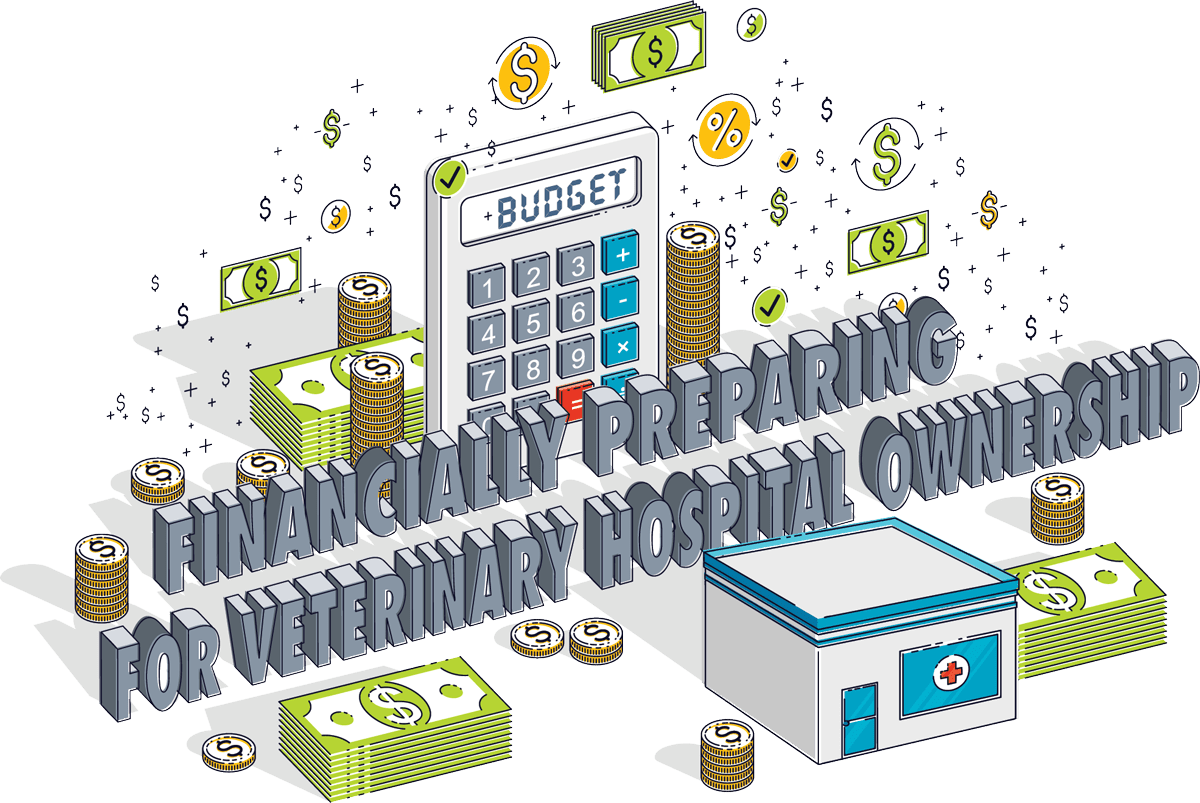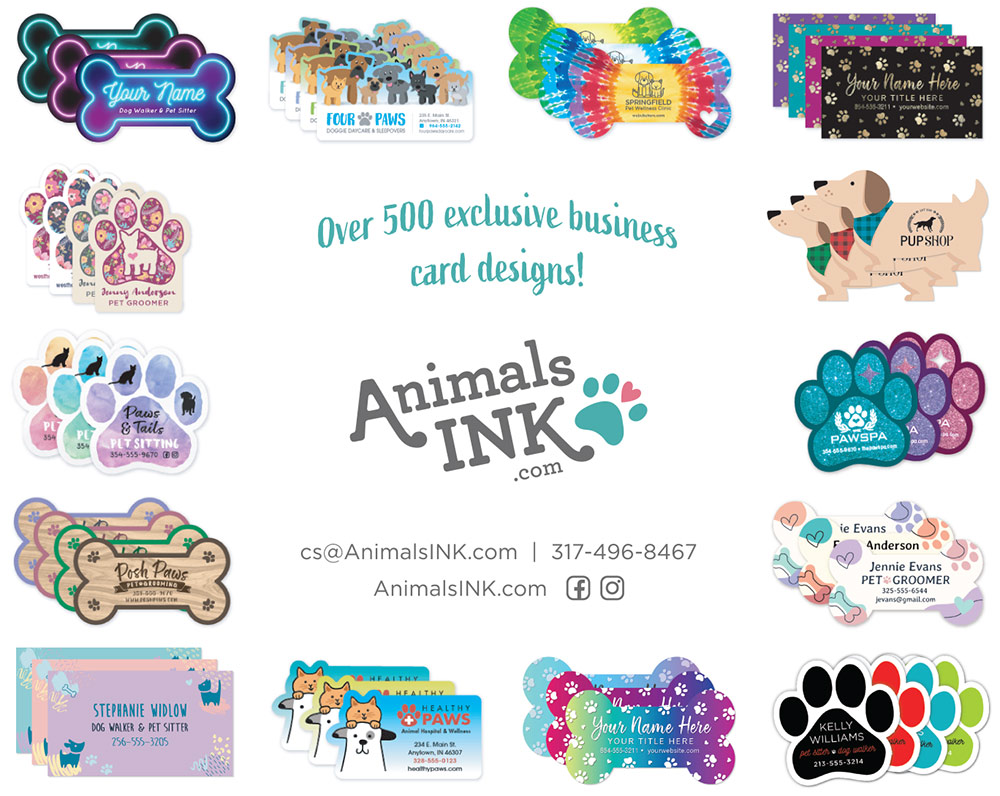


s you begin your veterinary career, prioritizing financial planning is non-negotiable if you have plans to purchase or open a veterinary hospital. Establishing a solid financial foundation early on will allow you to open your practice with peace of mind, knowing your finances are in good shape.
Whether you are a first-year veterinary student, a recent graduate or have a newfound dream of hospital ownership, here are some areas to take into consideration as you prepare financially.

In addition, you’ll still be able to access financing for your hospital, even with student loans. Healthcare-specific underwriting teams understand that most veterinary students need student loans to complete their schooling. Therefore, student loans are usually labeled as “good” debt. Instead of looking solely at student loans, a lender will consider your personal credit, source of income, proof of financial responsibility and ability to accumulate savings.
It’s important to note that student loans should still be a factor in your financial planning. As you finish school or look into acquiring a practice, you should factor your student loans into your monthly budget and develop a plan for paying them off efficiently. They should always be a priority so you can avoid penalties and continue to build a positive credit history.


- Evaluate your monthly expenses. Identify your current spending habits by determining what items are essential and where you can cut costs. Do you need the $10 iced latte from the local coffee shop, or can you make a pot of coffee at home? Identifying any and all ways to cut costs will help you in the long run.
- Evaluate your debt priorities. What “bad” debt have you accumulated that you can pay off before applying for a loan? If you’re looking at credit cards, prioritize paying off those with a higher interest rate.
- Develop a timeline. It’s easy to say you want to pay off your debt or have a certain amount saved up by the time you apply for a loan, but what’s keeping you on track? Establishing a timeline with goals can help. Don’t forget to celebrate your achievements as you build wealth or improve your credit.
- Ask for help. If you’re struggling with budgeting, it’s okay to ask for help. Many financial advisors specialize in helping healthcare providers, and they can help you develop and stick to a plan.
- Use budgeting tools. In this day and age, there are many budgeting apps to help you stay on track and consistently monitor your spending. Some apps can even break down how much money you spend on shopping and eating out, allowing you to put things into perspective and identify cost-saving opportunities.

The path to veterinary hospital ownership can be intimidating, but it’s important to know that industry professionals can help you achieve your dream and walk you through each step, and there are various budgeting resources at your disposal. All it takes is proper planning and the drive to succeed. Before you know it, you’ll welcome your first patient and see your hard work pay off.

